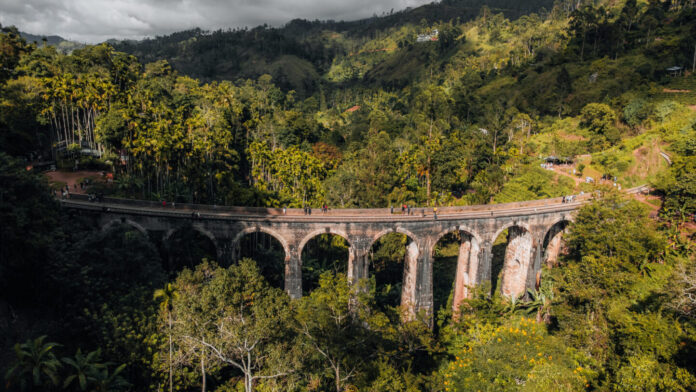Sri Lanka’s rich natural heritage and biodiversity provide a unique foundation for eco-tourism, a growing segment that offers both environmental protection and economic opportunity. For rural communities, eco-tourism presents a pathway to sustainable development, enabling local people to benefit directly from their natural resources while preserving them for future generations.
Unlike mass tourism, which often concentrates in urban centers and coastal resorts, eco-tourism emphasizes responsible travel to natural areas, conservation, and community participation. In Sri Lanka, many rural regions with forests, wetlands, and wildlife reserves remain underdeveloped economically despite their tourism potential. By fostering eco-tourism, these areas can generate income, create jobs, and improve infrastructure without compromising ecological integrity.
Successful eco-tourism models in Sri Lanka integrate local culture, traditional knowledge, and environmental stewardship. Visitors are offered authentic experiences such as guided nature walks, bird watching, and visits to community-run conservation projects. This not only enriches the tourist experience but also raises awareness of conservation challenges.
Government policies and non-governmental organizations have started supporting eco-tourism initiatives through training, marketing, and grants. However, scaling these efforts requires coordinated planning, investment in sustainable facilities, and development of transport and communication links. Ensuring community ownership and equitable benefit sharing is critical to prevent exploitation and social tensions.
Eco-tourism also aligns with global sustainability goals and growing traveler demand for environmentally conscious destinations. Sri Lanka has the opportunity to position itself as a leading eco-tourism hub in South Asia by leveraging its unique ecosystems and cultural heritage.
Challenges remain, including managing visitor impact, ensuring quality standards, and balancing tourism growth with conservation priorities. Nevertheless, with careful planning and multi-stakeholder collaboration, eco-tourism can become a powerful engine for rural prosperity and environmental protection.
In summary, eco-tourism is more than a niche market; it is a strategic development tool for rural Sri Lanka. By investing in sustainable tourism that respects nature and empowers communities, the country can create lasting value that benefits people and planet alike.




